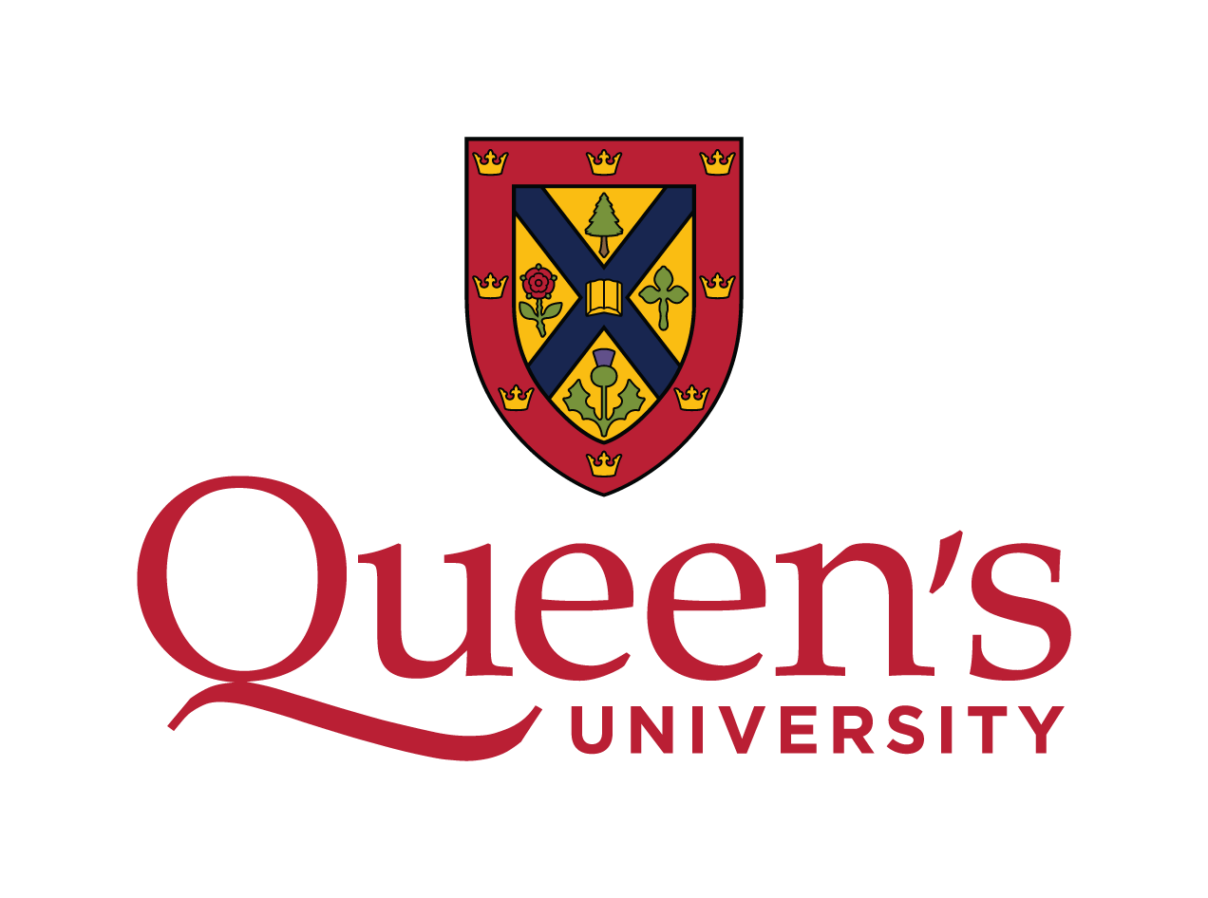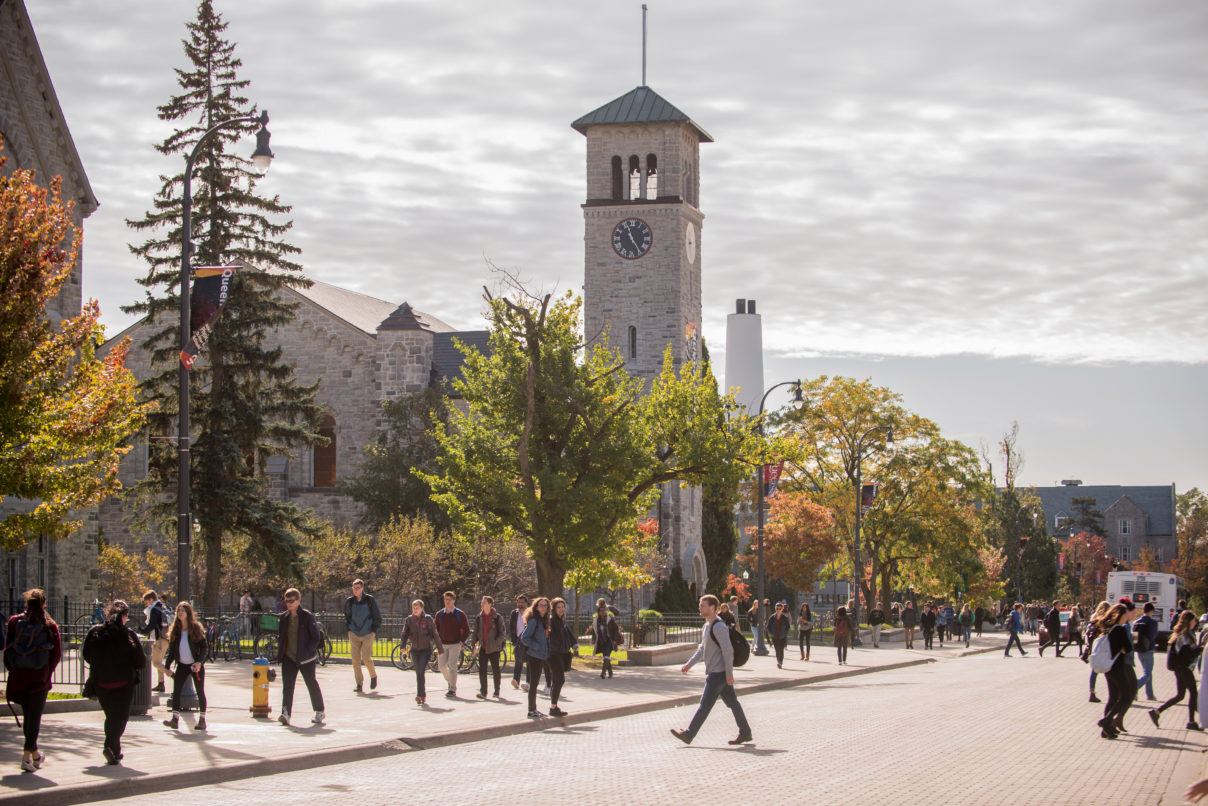Queen’s University

Queen’s University
MNU Coordinators:
Heather Kincaide – [email protected] ; Csilla Volford – [email protected]
Website: http://www.queensu.ca/
Queen’s Viewbook: Link to Viewbook

About Queen’s University
Queen’s University has a long history of scholarship, discovery, and innovation that shapes our collective knowledge and helps address some of the world’s most pressing concerns. Home to more than 25,000 students, Queen’s offers a comprehensive research-intensive environment. Diverse perspectives and a wealth of experience enrich our students and faculty while a core part of our mission is to engage in international learning and research. In 2023, for the third year in a row, Queen’s University has ranked in top 10 globally Times Higher Education Impact Rankings, securing the position of third worldwide and first in North America. The rankings measured over 1,700 post-secondary institutions on their work to advance the United Nations’ Sustainable Development Goals (SDGs).
Research at Queen’s
From Nobel Prize-winning research exploring the building blocks of the universe to cancer care and treatment to sustainable technologies, our university is tackling humanity’s most pressing challenges.
A member of the U15 group of Canadian research universities, Queen’s is home to a vibrant research community that includes 33 Canada Research Chairs and over 20 research institutes who work in partnership with communities, governments, and industry to advance research and innovation, making a measured impact on Canada and the world.
